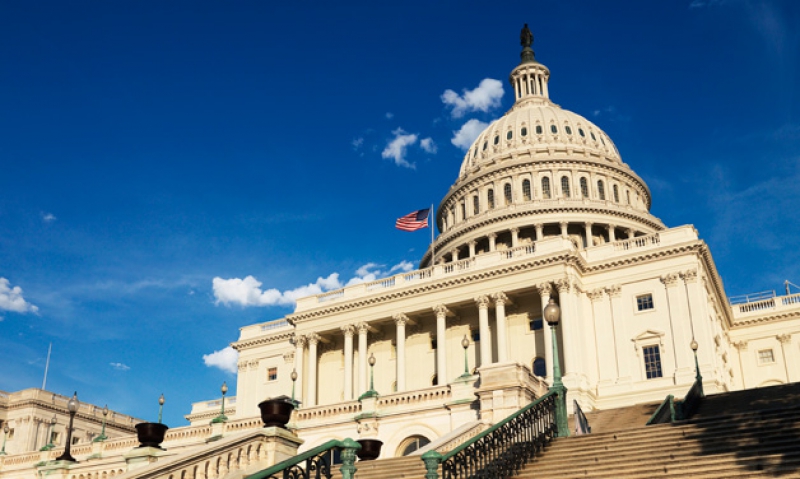
Legion testifies on pending House bills
While The American Legion supports several pieces of legislation pending in the U.S. House of Representatives, it opposes one bill that seeks to put a 50-mile limit on residency requirements for judges serving on the U.S. Court of Appeals for Veterans Claims (CAVC).
Verna Jones, director of the Legion’s Veterans Affairs & Rehabilitation Division, submitted written testimony and appeared as a witness before the House Subcommittee on Disability and Memorial Affairs on March 29. She told the subcommittee that earlier requirements for geographic proximity were understandable, since “modern advancements in electronic communication did not exist at present levels.” But nowadays, each CAVC case is coded in electronic format and “there is no reason judges should be hampered in the performance of their duties based solely on geographic location.”
In her written testimony, Jones suggested that CVAC judges living outside the Washington Metro area could offer more diverse perspectives, “reflecting better understanding of regional offices across the country.” The American Legion remains dedicated to putting the best possible candidates on the CAVC bench, wherever they live, and therefore cannot support H.R. 4213. “In the modern, technological electronic world, geography simply does not represent the challenge it once did, and quality of applicant is far more important,” Jones wrote.
The American Legion also opposes – at least in its current form – another pending bill (H.R. 4142) that would automatically provide an annual cost-of-living adjustment (COLA) for veterans directly linked to any COLA for Social Security recipients. The Legion, by resolution, opposes such a link because of concerns that it would not take into account the needs of individual veterans. “Such a correlation would also leave veterans more vulnerable to political maneuvering and budgetary legerdemain directed at overall cost-cutting,” Jones noted. “Veterans have earned, through their sacrifice, unique consideration.”
The Legion supports the Veterans Compensation Cost of Living Act of 2012 (H.R. 4114), which provides a COLA increase at the end of this calendar year for veterans receiving disability compensation. But provisions of H.R. 4142 need to be revised. “The American Legion supports the idea of creating a permanent COLA consideration for veterans every year, but it has to be something that considers the unique needs of veterans,” Jones said. “We can’t just lump them in with Social Security for non-veterans and believe that we’ve solved the problem.”
Another piece of legislation supported by the Legion is H.R. 2051, the Veterans Missing in America Act of 2011, which directs the Department of Veterans Affairs to identify unclaimed remains nationwide and lend its support to work being done by the Missing in America Project (MIAP). MIAP, which operates on private donations, has been identifying unclaimed remains and cremated remains since 2007. Those identified as veterans are escorted with full military honors and interred in a manner that befits their service to America. To date, MIAP representatives have visited more than 2,200 funeral homes and identified the remains of nearly 2,000 veterans. The American Legion strongly supports MIAP, and many Legionnaires are among its ranks of volunteers.
Jones thanked the subcommittee for including a chair at all of its hearings as a symbolic reminder of America’s POWs and MIAs. “We cannot forget those Americans who are still missing and left behind, yet the work of the Missing in America Project is important, because we also cannot forget those American veterans who are still missing at home within our own country.”
Two other pending bills the Legion supports are the Veterans Day Moment of Silence Act (H.R. 2498) that would encourage two minutes of silent reflection nationwide every Veterans Day, and the Caring for the Fallen Act (H.R. 4168). This measure would transfer responsibility for the care and maintenance of Clark Veterans Cemetery in the Philippines to the American Battle Monuments Commission.
